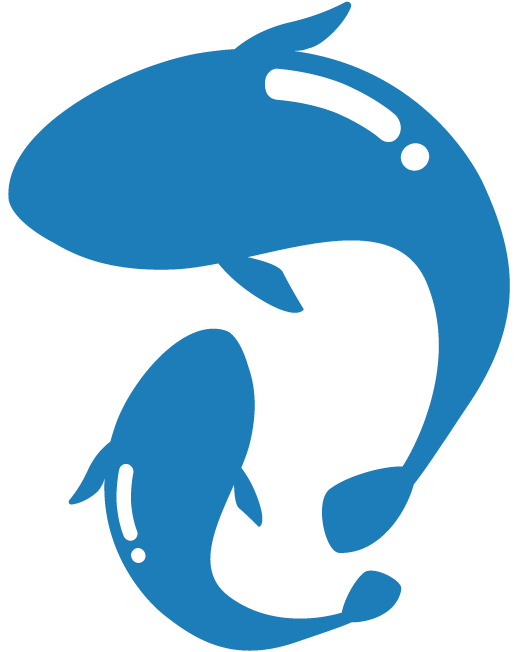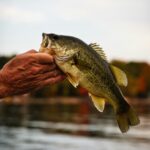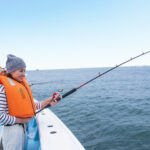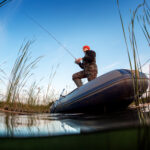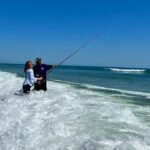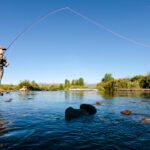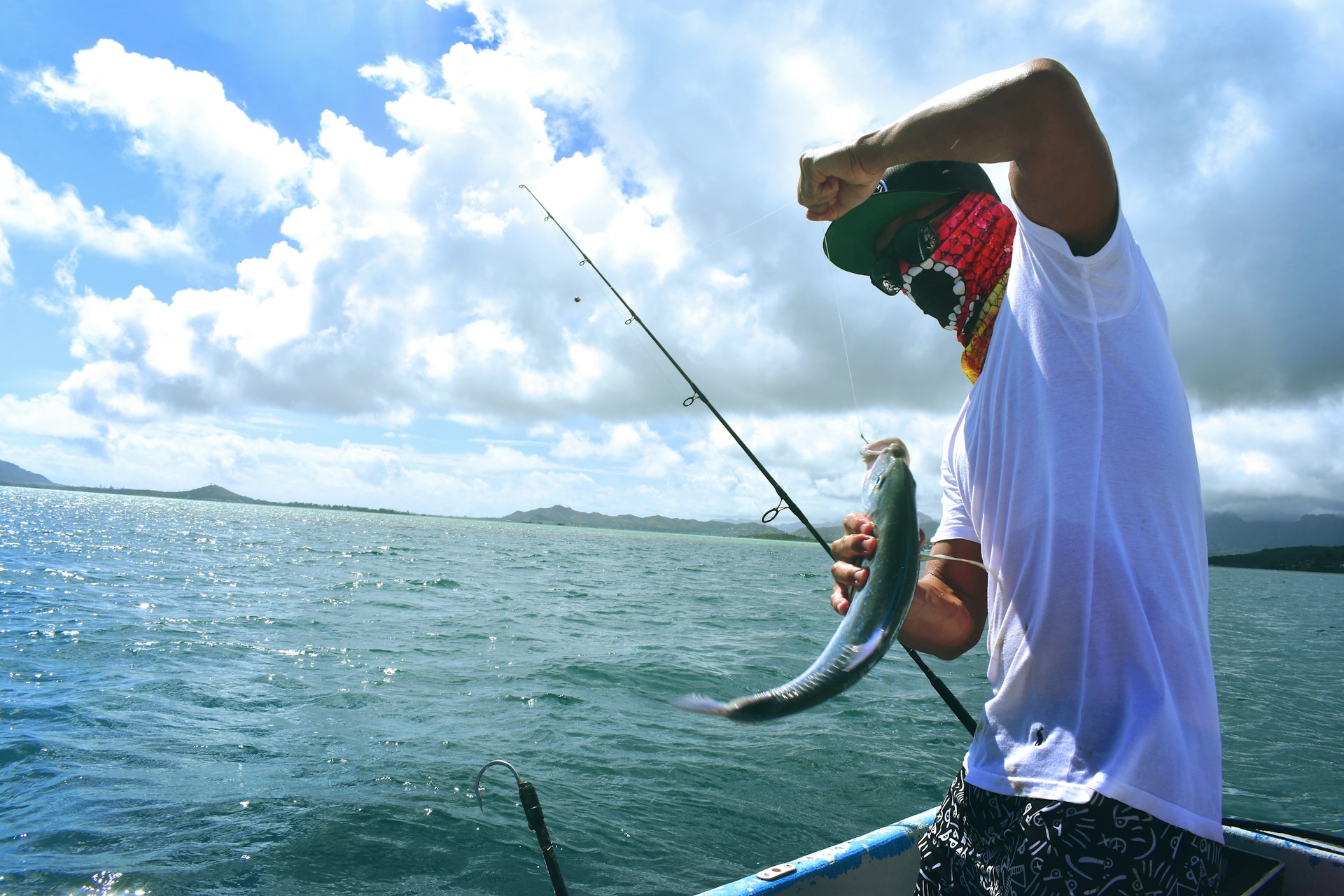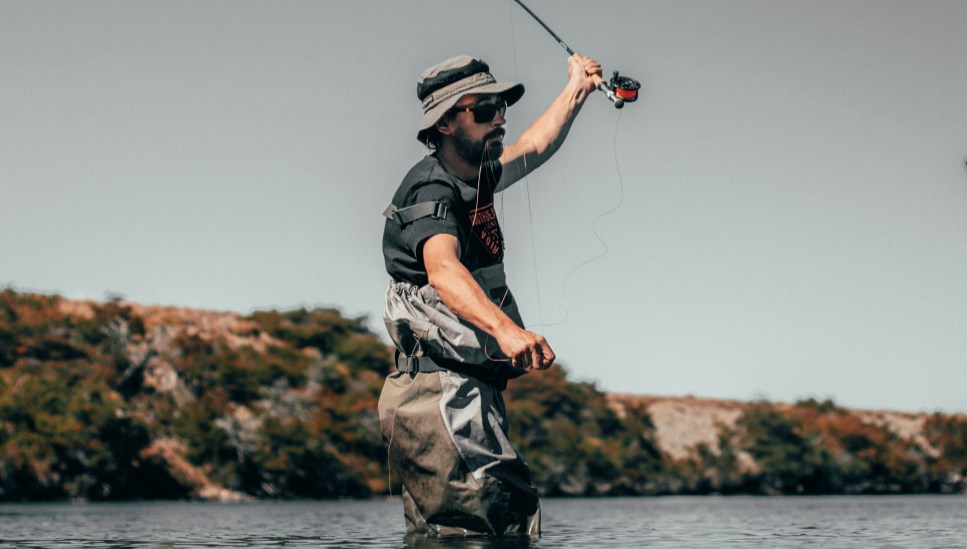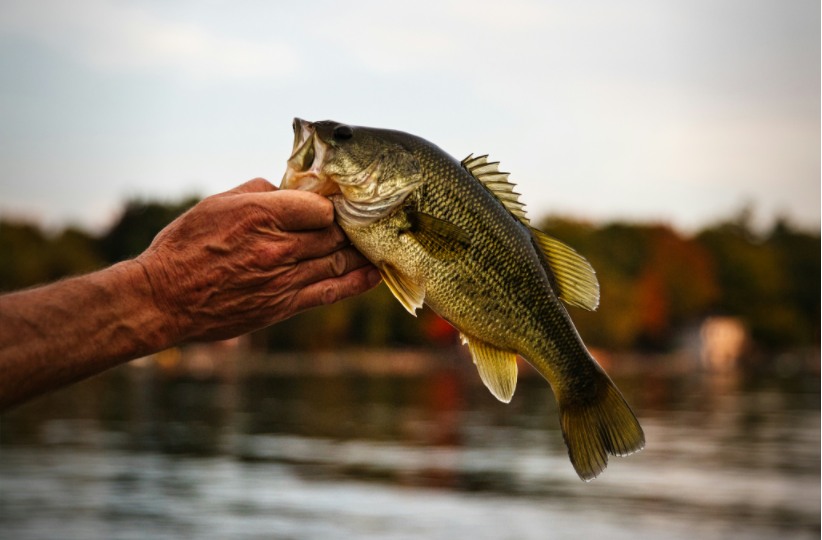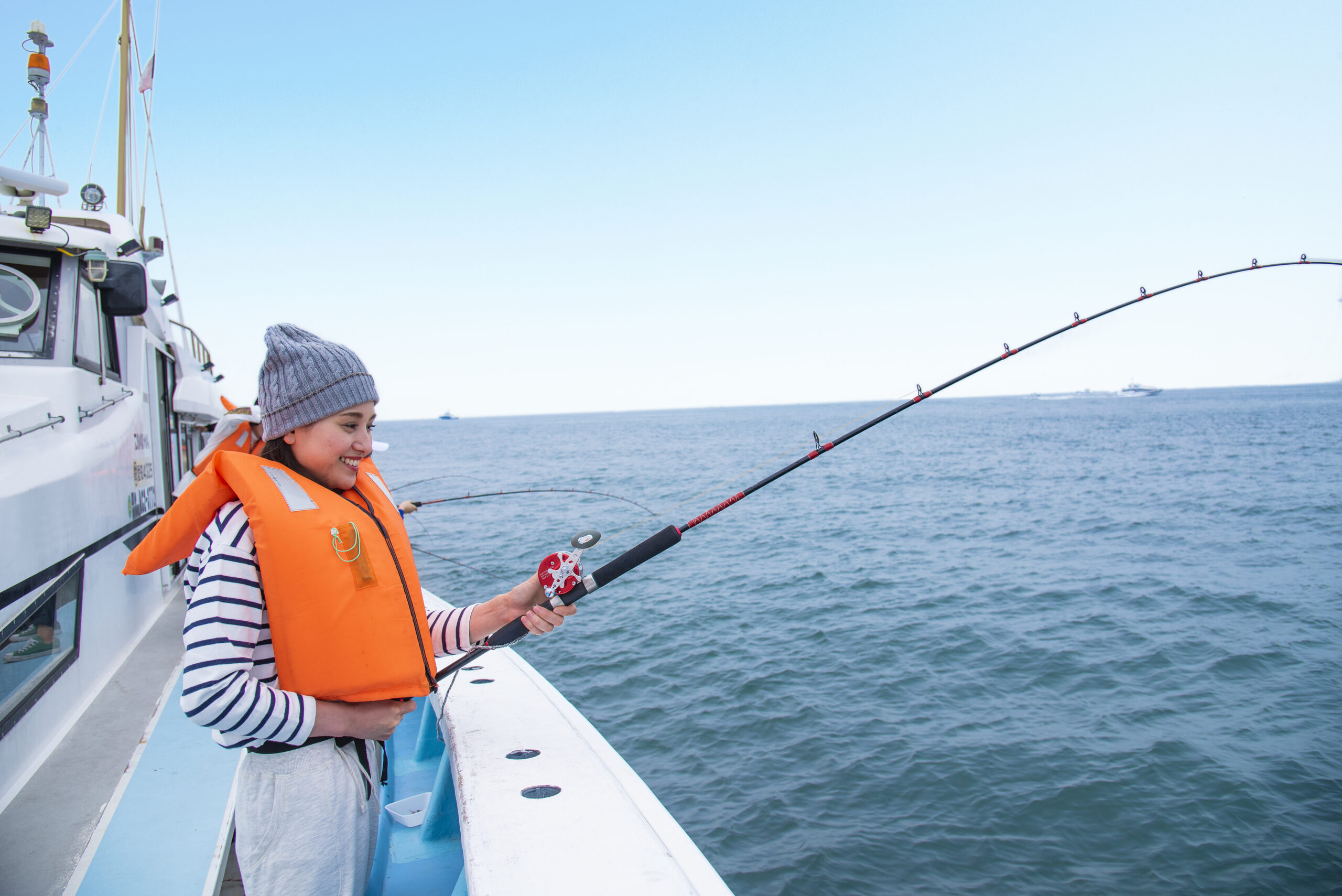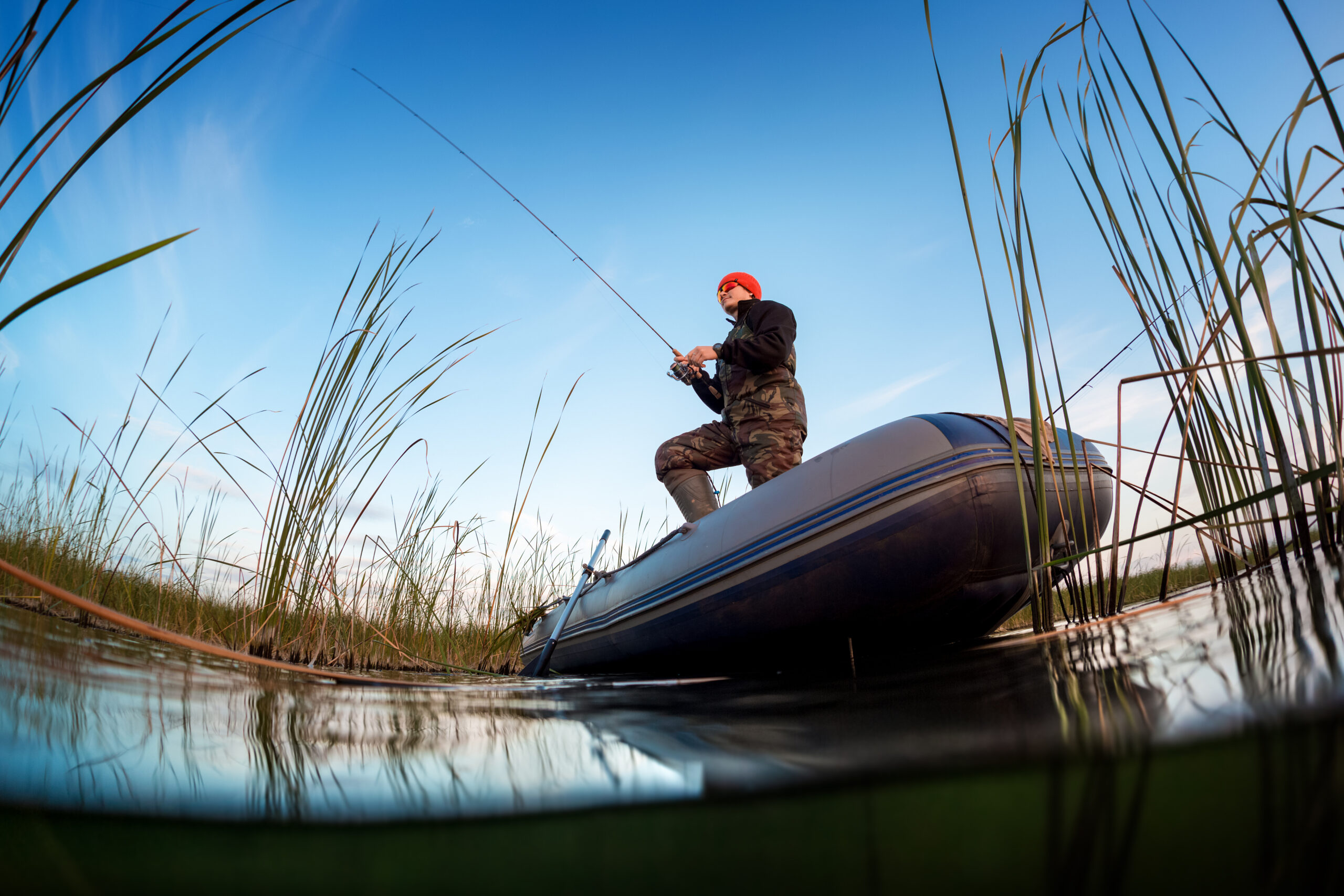Saltwater fishing is more than just a pastime; it’s a passion, an escape, and a challenge all rolled into one. Over the years, I’ve found myself returning to the ocean, not just for the thrill of the catch, but for the profound connection it offers with nature. There’s something about the rhythm of the waves, the call of distant gulls, and the wind in your face that makes time seem to slow down, and every moment feels more significant. In this reflection, I want to share the lessons I’ve learned, the challenges I’ve faced, and the deep satisfaction that comes with saltwater fishing.
The Call of the Ocean: The Beginning of the Journey
My journey into saltwater fishing began almost by accident. A friend invited me on a fishing trip off the coast, and I remember feeling both excited and a bit apprehensive. The vastness of the ocean, the equipment, the techniques—it all seemed so overwhelming at first. But the moment I cast my line into the water, I felt a sense of peace and anticipation unlike anything I had experienced before.
The sea has a way of humbling you. No matter how much you think you know, there’s always something new to learn. Each fishing trip, whether successful or not, has taught me something valuable, from mastering the art of casting to understanding the subtle changes in tides that influence fish behavior.
Patience: The True Test of a Fisherman
One of the most important lessons I’ve learned in saltwater fishing is the value of patience. Unlike freshwater fishing, where a catch might come quickly, saltwater fishing often requires a wait, sometimes hours. But this waiting time isn’t just idle—it’s an opportunity to immerse yourself in the environment. The sound of the waves crashing, the scent of salt in the air, and the occasional sight of dolphins or pelicans—these are the rewards of the wait.
Patience in fishing, I’ve found, is more than just a mental game. It’s a reminder that nature operates on its own rhythm. Fish aren’t on our schedule; they follow their instincts, migrating and feeding at specific times. Knowing when to expect them, understanding the tides and moon phases, and recognizing patterns over time—all of this becomes a deeply satisfying pursuit.
The Science Behind the Hunt: Understanding the Ocean
In the beginning, fishing was an act of simple hope and luck. I would cast my line into the water, and if a fish bit, great. If not, I’d go home disappointed. But over the years, I’ve learned that fishing is not just about waiting for a bite—it’s about understanding the science of the sea. Every angler I’ve met has their own theories about the best conditions for fishing, but the one thing they all agree on is the importance of tide, current, and weather patterns.
Tides, in particular, are a crucial factor. The movement of the water creates feeding opportunities for fish. I’ve learned that fish tend to be more active during the incoming or outgoing tides, as the flow brings in food and stirs up the ocean floor. Knowing when to fish based on these tidal movements is often the difference between a successful trip and coming home empty-handed.
Then there’s the role of the moon. I’ve been amazed at how lunar phases affect fish behavior. During a full moon, for example, fish tend to feed more at night, while in the days leading up to a new moon, they are more active during daylight hours. These patterns, while subtle, can significantly improve one’s chances of landing a big catch.
The Thrill of the Fight: When the Hook is Set
There’s an indescribable feeling when the line goes taut, the rod bends under pressure, and you know a fish is on the other end. It’s a moment that blends excitement, focus, and adrenaline. The fight can last anywhere from a few minutes to over an hour, depending on the size and species of the fish.
I’ve had my share of struggles with big fish—tuna, marlin, and amberjack—all of which fought fiercely, testing both my physical endurance and mental concentration. What strikes me every time is how much respect the ocean demands. A fish that can make your arms ache and your heart race has earned its place in the wild. It’s a humbling reminder that while we, as anglers, seek to conquer nature, it’s nature that ultimately decides the outcome.
When I finally land a fish, there’s a brief moment of triumph, but it’s quickly replaced by a sense of awe. The fish, now held in hand, seems almost to mirror the journey itself. The challenge, the patience, the strategy—all culminate in that single, fleeting moment. But as every seasoned angler knows, the true reward lies not in the catch, but in the experience.
The Connection to Nature: Beyond the Fish
Saltwater fishing has taught me that the sport is about far more than just landing fish. It’s about fostering a deeper connection to nature. There is something deeply spiritual about being out on the water, surrounded by the vastness of the ocean, the quiet hum of the wind, and the movement of the tides. It reminds me of how small we are in the grand scheme of things, yet how deeply connected we are to this beautiful, wild world.
Each fishing trip offers a new experience. On some days, you may not catch a thing, but the experience of being out there, whether it’s battling the elements or simply watching the sky change colors at sunset, is enough. The ocean doesn’t owe you anything. It simply offers itself, and it’s up to us to appreciate its vastness and beauty.
A Never-Ending Learning Process
Fishing is a lifelong learning process. I’ve learned countless lessons—about the ocean, about fish behavior, about myself. Every time I head out onto the water, I am reminded of the unpredictability of nature. Whether the fish are biting or not, every trip has its own set of challenges and rewards. In a way, it’s never really about the fish. It’s about the journey, the challenge, and the connection to the natural world.
Saltwater fishing has shaped my perspective in more ways than one. It’s taught me patience, resilience, and the joy of discovery. And every time I return to the ocean, I am reminded that there is always more to learn, more to experience, and more beauty to discover.
Conclusion
Saltwater fishing is a journey that blends skill, patience, and deep respect for nature. It’s a journey that continues to unfold with each trip, with each cast, and with each fish caught or lost. For me, the ocean is not just a place to fish—it’s a place to find peace, challenge my limits, and reconnect with the natural world. It’s a place where every moment counts, and where every trip offers something new.
And in the end, that’s what keeps me coming back. Not just for the fish, but for the experience, the lessons, and the endless beauty of the sea.
